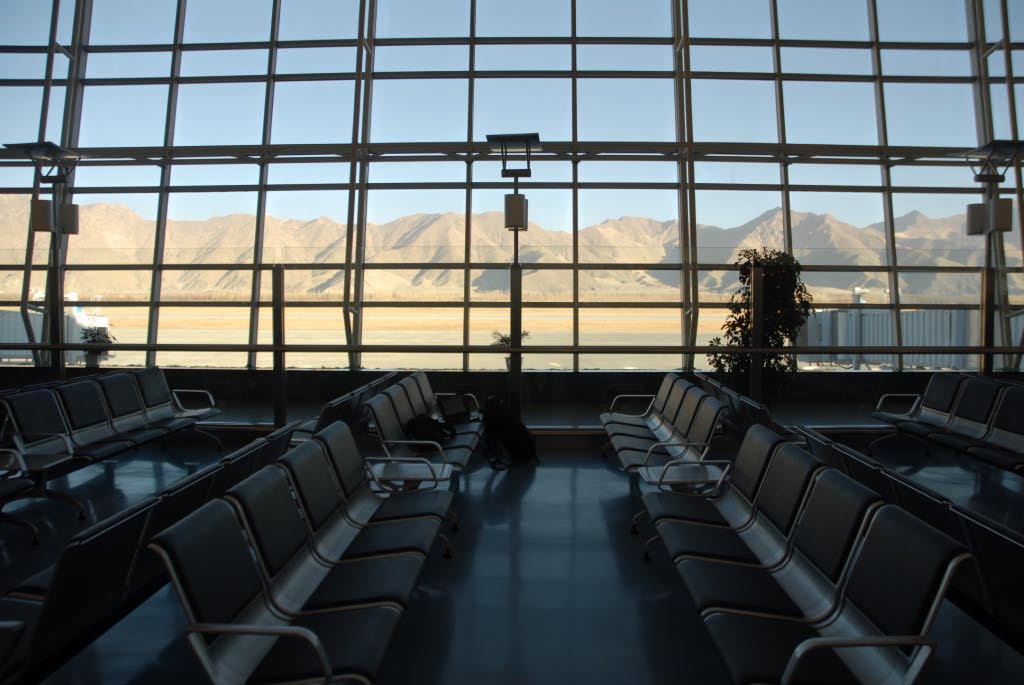Thoughts for today from Tokyo via India, Brazil and China
Many of our Dharavi study participants had access to mains water for three hours out of the day – either piped directly in the home or from a tap on the street shared with neighbours. You know how much water your family consumes by the time and effort it takes to carry it into the home each day.
In Jacarezinho – where many residents of that favela hook into the electricity grid with a gato – cats claw to obtain ‘free’ electricity. With distorted financial costs residents there is little incentive to turn off air conditioning units, lights and TVs. Many also pay regular electricity bills, the reasons why when ‘free’ electricity is widely available is a topic for another day. Update: with a gentle nudge from a reader well experienced of working in Brazil, this paragraph gives the impression that favela residents have access to all mod-cons. The reality is that a whilst a few do, many don’t and that the situation can change significantly depending not least on the favela itself. It points to another take-away from this research – the diversity of experiences that can be found in ‘shanty’ towns.
The more reflective Dopplr users reading this should check out Dopplr Offsetr an application developed by Will Carter. In one button click it pulls in your Dopplr travel data and (roughly) calculates the carbon footprint of you and your peer group. Whilst still at an early stage of development it has significant potential to become the carbon calculator (and ultimately conduit for payment) of choice.
It’s also an application that captures the zeitgeist: utilizing data from two other services (personal travel data via the Dopplr API, carbon footprint calculations from Terrapass) – something you oversized kids would probably call a mash-up; helps the traveller reflect on his or her environmental impact of air travel; and from the service design perspective raises interesting questions about what user’s of services such as Dopplr’s should expect to remain private.
To what extent is your carbon footprint a public matter? Why? With what exceptions?

The tools to measure personal consumption are growing in sophistication and ubiquity and we’re only a rew hacks away from syncing this with other data sources such as meeting schedules, medical records and, yes carbon and other resource footprints.
Fast forward to your future perfect – you’re thinking of booking that flight for a business trip to Dallas having made it as far as the Book Flight button. Which service will be the first to include a ‘sell down’ screen in the purchasing process – encouraging you to think of alternatives with reduced planetary and personal costs. Yes offsetting carbon credits already exists, but use your imagination and throw in a few more data sources.
In what contexts is there a business case for travel agents to encouraging you not to fly? How about in a corporation trying to cut the frequency of employee travel. Or a health insurer who can offer discounts based on the correlation between sick days and long-haul flights.
Next week the team flies to Accra. Pressure to come up with something good? Multiplied.
Related research: urban street charging services in Kampala [PowerPoint, PDF 3MB] and rural charging services in Uganda [PowerPoint, PDF MB]. Robert Neuwirth’s TED talk on Shadow Cities and Bunker Roy’s Pop!Tech presentation on the Barefoot College and the impact that access to water has on communities.

